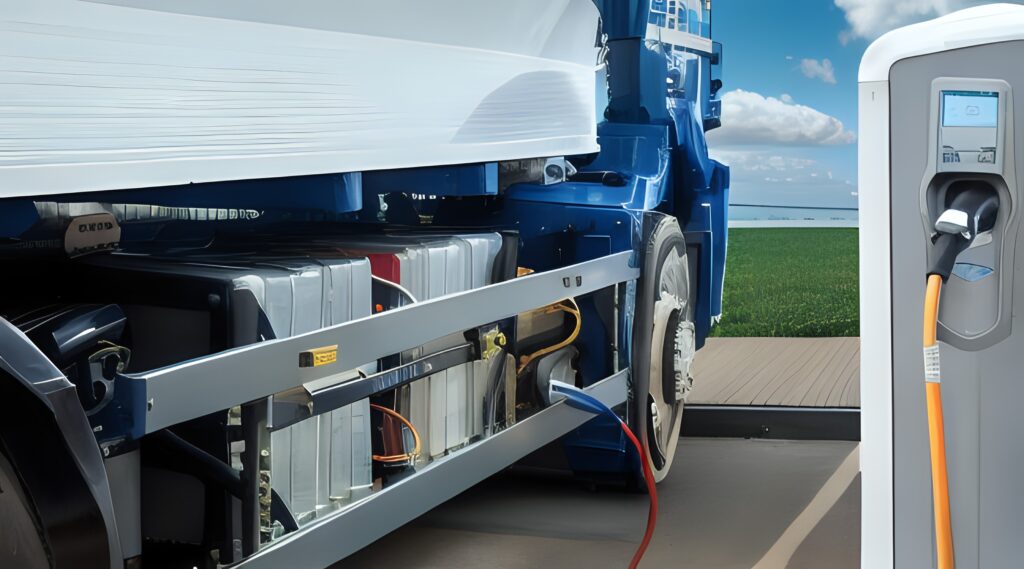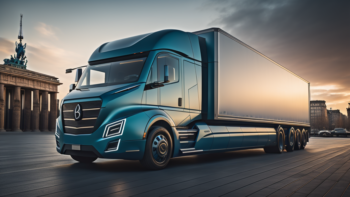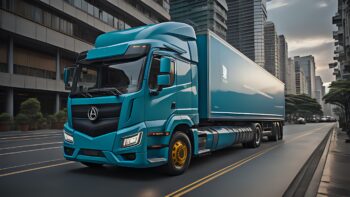
Electric Truck Battery
Listing Category by product
Electric truck battery manufacturers
Electric truck battery manufacturers are at the forefront of innovation, developing robust and high-capacity batteries tailored to the demands of heavy-duty vehicles. These companies prioritize energy efficiency, durability, and rapid charging capabilities, paving the way for the widespread adoption of electric trucks. Their advancements in battery technology are driving the transition towards greener and more sustainable logistics solutions, reducing emissions and enhancing operational efficiency on a global scale.
Exploring electric truck batteries
Electric trucks, also known as e-trucks, are revolutionizing the transportation industry with their eco-friendly and cost-effective operation. Here’s a unique insight into the electric truck battery:
- Battery technology: Electric trucks rely on advanced lithium-ion battery technology to power their electric drivetrains. These batteries are chosen for their high energy density, long cycle life, and rapid charging capabilities, making them ideal for heavy-duty applications.
- Voltage and capacity: The electric truck battery comes in various voltages and capacities to meet the power demands of different truck models and applications. Voltages typically range from 300V to 800V or more, while capacities vary from hundreds to thousands of kilowatt-hours (kWh), depending on the size and intended use of the truck.
- Range and payload: The range of an electric truck depends on factors such as battery capacity, efficiency, and driving conditions. Higher-capacity batteries enable longer ranges, allowing electric trucks to travel significant distances on a single charge while maintaining payload capacity.
- Charging infrastructure: The electric truck battery can be charged using standard AC charging stations or high-power DC fast chargers. Additionally, fleet operators may invest in on-site charging infrastructure to support their electric truck operations, including depot charging stations and opportunity charging at delivery points.
- Total cost of ownership: While the upfront cost of electric trucks and batteries may be higher than diesel counterparts, the total cost of ownership (TCO) over the vehicle’s lifetime is often lower. Electric trucks benefit from lower fuel and maintenance costs, reduced downtime, and potential incentives or subsidies for zero-emission vehicles.
- Environmental benefits: Electric trucks powered by clean energy sources significantly reduce greenhouse gas emissions and air pollution compared to diesel trucks. By eliminating tailpipe emissions, electric trucks contribute to improving air quality and mitigating the impacts of climate change.
- Infrastructure challenges: Despite the advantages of electric trucks, challenges remain in scaling up charging infrastructure and addressing range anxiety for long-haul applications. Investments in charging infrastructure, battery technology, and grid integration are essential to support widespread adoption of electric trucks.
- Innovation and future trends: Ongoing advancements in battery technology, such as solid-state batteries and high-energy-density chemistries, hold promise for further improving the performance and efficiency of electric truck batteries. Additionally, innovations in autonomous driving and vehicle-to-grid (V2G) integration are shaping the future of electric truck technology.
Electric truck batteries are critical components of e-trucks, enabling sustainable and efficient freight transportation solutions. With their high energy density, rapid charging capabilities, and environmental benefits, electric truck batteries are driving the transition toward cleaner and greener commercial vehicles worldwide.

















